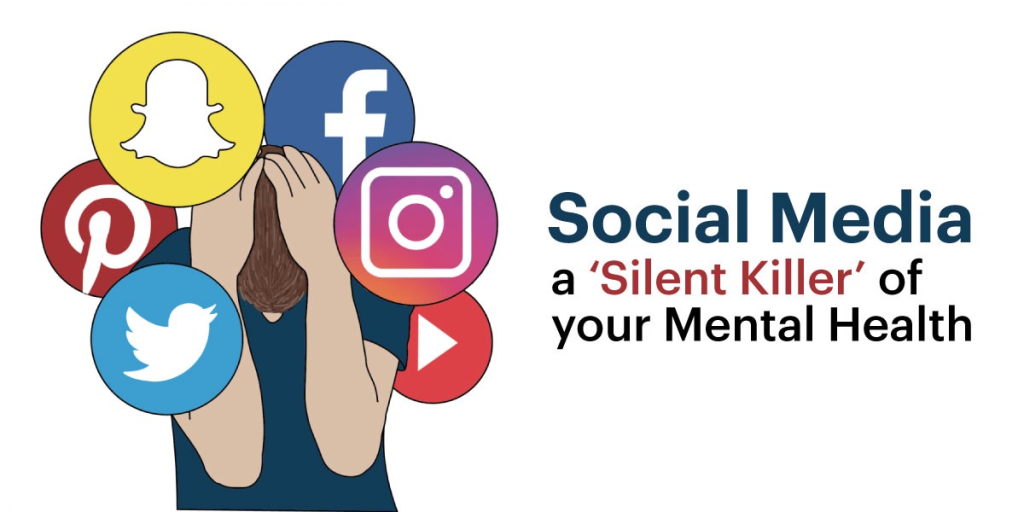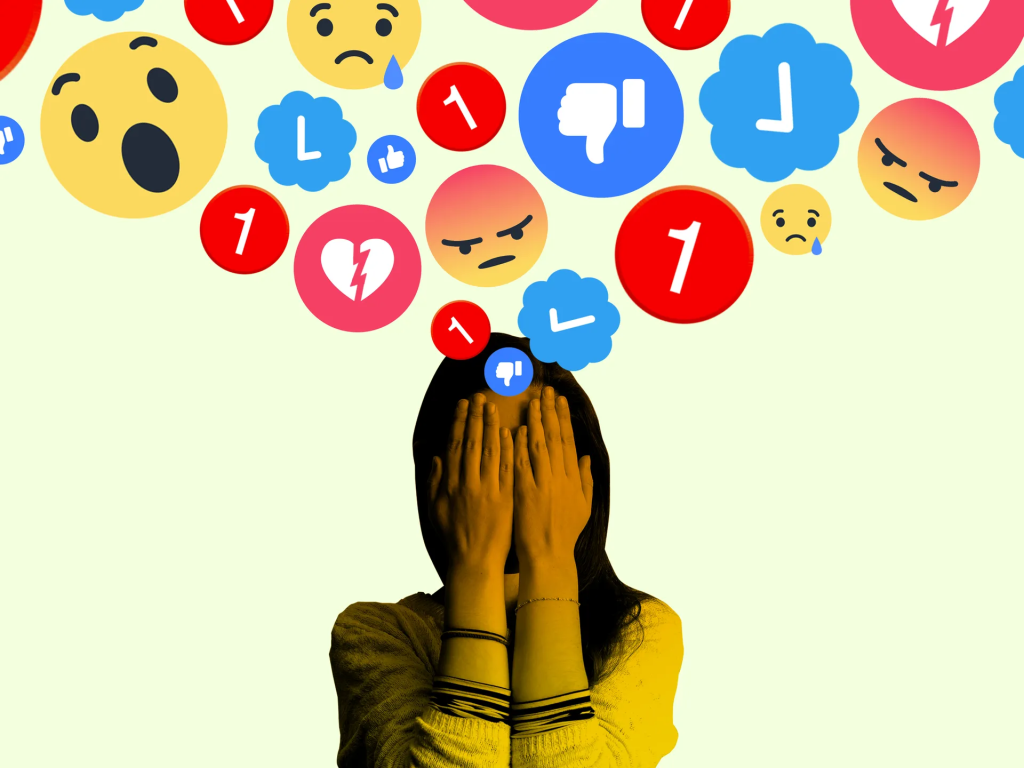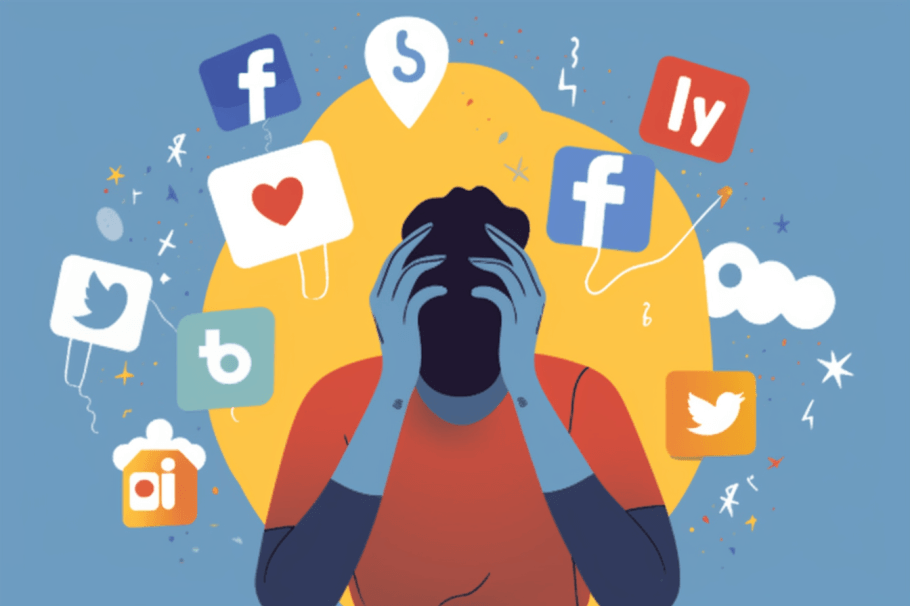Social media has become an integral part of our lives, offering tools for connection, self-expression, and access to information. However, its pervasive nature can also lead to stress, anxiety, and feelings of inadequacy. Balancing the benefits and challenges of social media is crucial for mental well-being. Understanding its impact and implementing healthy usage habits can help individuals thrive in a digital-first world.

The Dual Impact of Social Media
Positive Effects
- Connection and Community
Social media allows users to maintain relationships, form new connections, and join supportive communities. For individuals in remote areas or with limited mobility, it provides a valuable avenue for interaction. - Access to Resources
Platforms offer access to mental health resources, coping strategies, and professional support, fostering awareness and resilience. - Creativity and Self-Expression
From art to storytelling, social media enables users to share their passions and talents with a global audience, encouraging creativity and self-discovery.

Negative Effects
- Comparison and Envy
The curated nature of social media can lead to unrealistic comparisons, fueling low self-esteem and dissatisfaction with one’s life. - Digital Overload
Constant updates and notifications create a cycle of information overload, contributing to anxiety and stress. - Isolation Despite Connectivity
Paradoxically, excessive online interactions can exacerbate feelings of loneliness and reduce the quality of real-world relationships.
Signs of Social Media Burnout
Social media burnout manifests as feelings of fatigue, irritability, or a desire to disconnect. Common signs include mindless scrolling, stress after using social platforms, and neglect of offline relationships and responsibilities.
Tips for Balancing Social Media Use
- Set Boundaries
Establish clear limits, such as designated times for checking social media or using apps that monitor screen time. - Curate Your Feed
Follow accounts that inspire and uplift you while muting or unfollowing content that triggers negativity. - Schedule Digital Detoxes
Take regular breaks to reconnect with the present, whether it’s a few hours, a day, or a week. - Prioritize Real Connections
Engage in face-to-face interactions and activities that foster meaningful connections and reduce dependency on digital validation. - Seek Professional Help When Needed
If social media use significantly impacts mental health, consider consulting a therapist or counselor for guidance.

Final Thoughts
Social media is both a tool for connection and a source of challenges. By approaching it mindfully, setting healthy boundaries, and prioritizing mental wellness, users can enjoy its benefits without compromising their well-being. Striking a balance between online engagement and offline life fosters a healthier relationship with technology and ensures that connectivity enhances, rather than detracts from, overall wellness.



